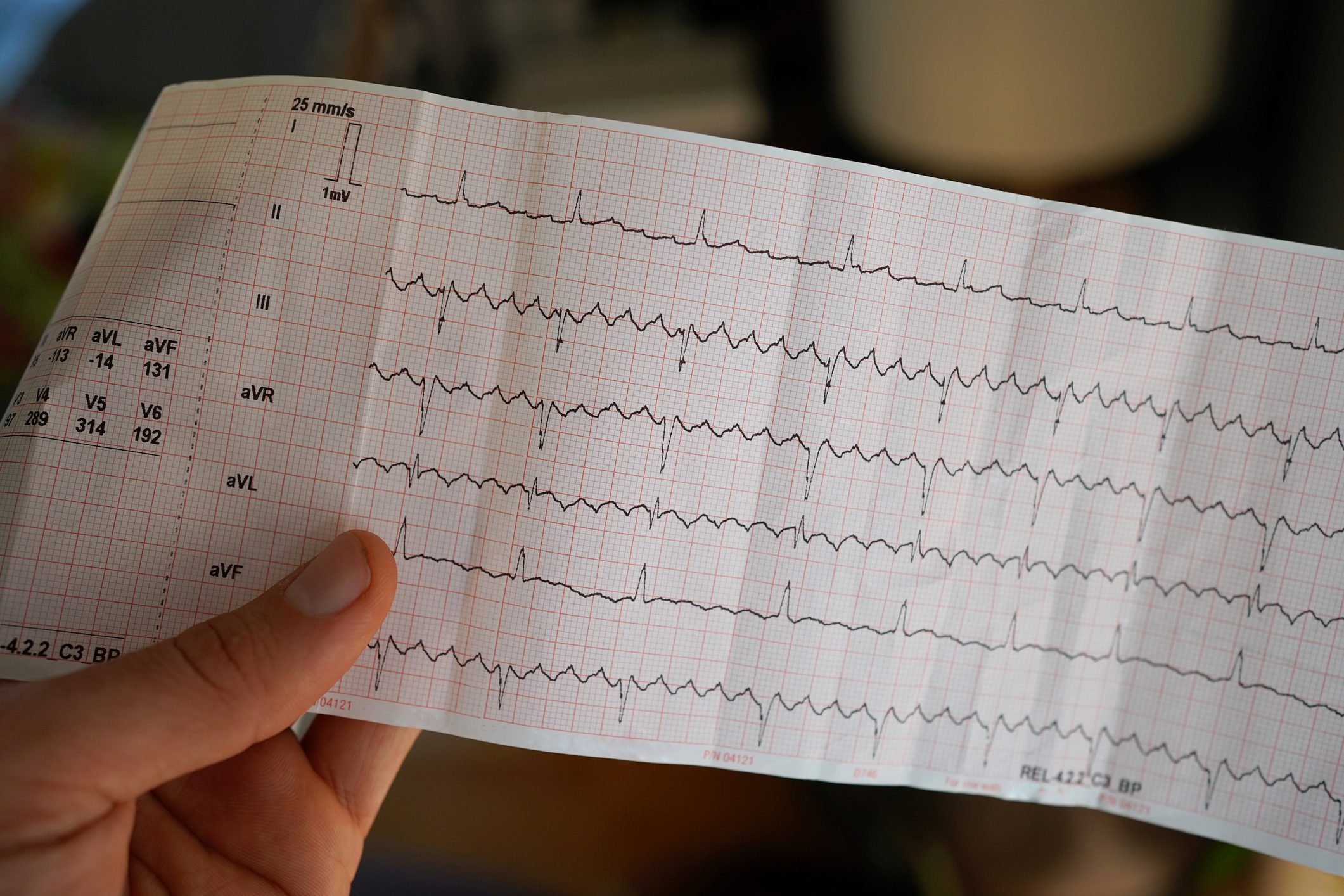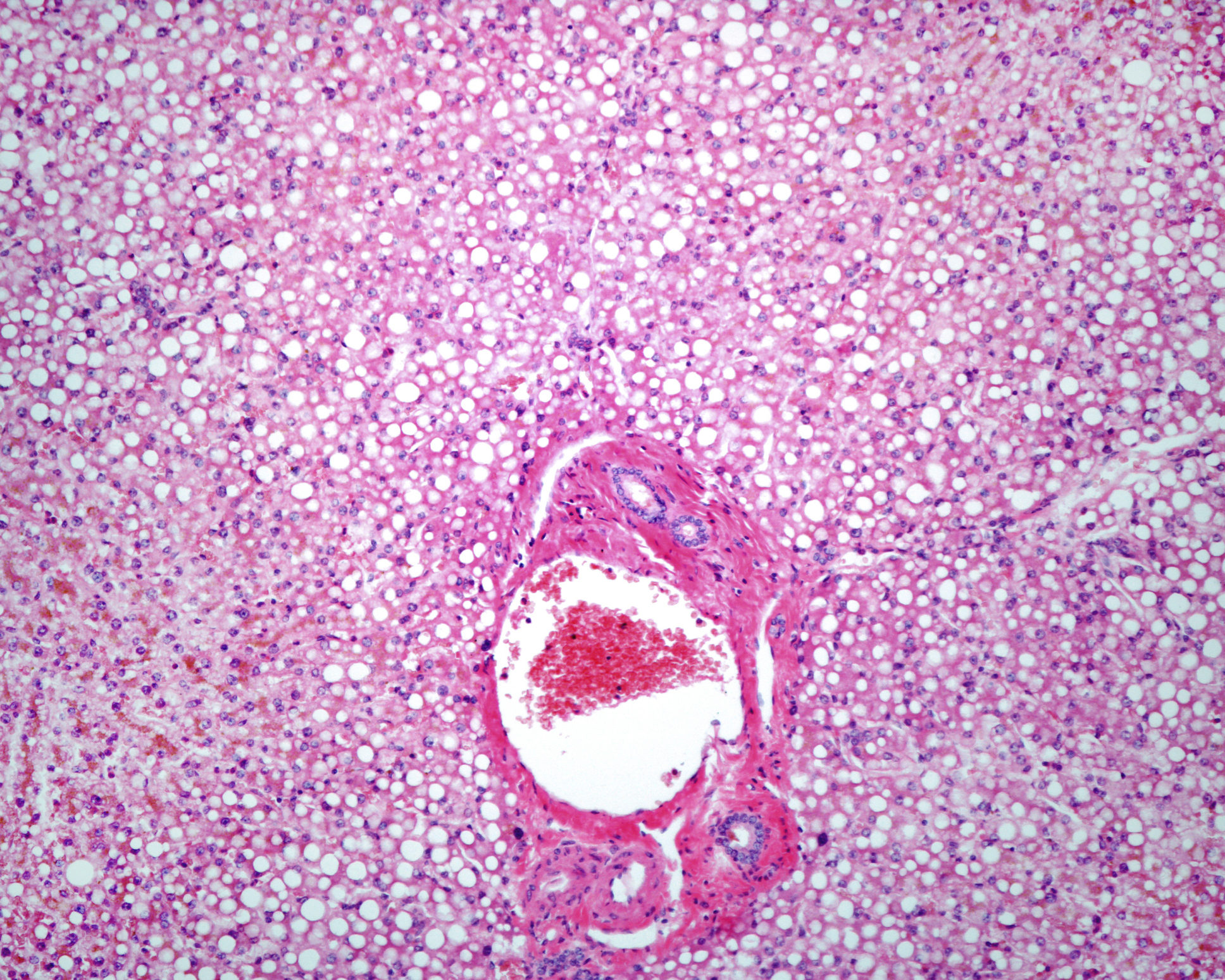Idiopathic nephrotic syndrome (INS) is the most common glomerular disease in childhood. For a long time, it was considered a clinically defined, non-specific entity whose treatment was primarily based on glucocorticoid sensitivity. However, new findings paint a more precise picture: Idiopathic nephrotic syndrome – especially the steroid-sensitive form – is to be understood in essential parts as an autoimmune-driven disease in which B-cell dysregulation, autoantibodies against podocytic antigens and genetic predispositions interact. This opens up a new paradigm in pathogenesis, diagnostics and therapy, paving the way for individualized approaches.
Autoren
- Tanja Schliebe
Publikation
- Nephrologie-Special
Related Topics
You May Also Like
- Artificial intelligence
Dr. ChatGPT: Large language models in everyday clinical practice
- GLA:D® program for back pain patients
Fewer consultations and reduction in the use of painkillers
- Nutrition for type 2 diabetes
Not such a great tuber
- From symptom to diagnosis
Abdominal pain – external hernias
- Mechanisms, evidence and therapeutic consequences
GLP-1 receptor agonists in cardiology
- MASLD/MASH
Drug therapy options on the rise: spectacular evidence
- New ways of neuroregeneration
CRISPR and artificial intelligence
- Asbestos victims











